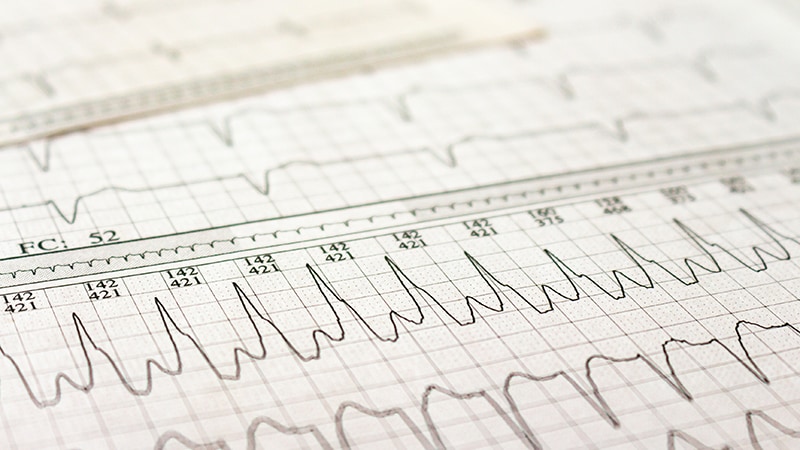Takeaway
- For patients with Afib, catheter ablation incrementally improves 1-year QoL vs medical therapy.
- Editorial discusses nuances of this and CABANA, urging shared decision-making.
Why this matters
- CABANA did not find catheter ablation to be more effective than medical therapy for reducing composite of death, stroke, bleeding, and cardiac arrest.
- This study analyzes a secondary endpoint.
Key results
- Median follow-up, 48.5 months.
- Atrial Fibrillation Effect on Quality of Life (AFEQT):
- Summary score difference at 1 year: 5.3 points, favoring ablation (95% CI, 3.7-6.9; P<.001).
- At 5 years: 2.6 points (95% CI, 0.3-4.8).
- Mayo AF-Specific Symptom Inventory (MAFSI):
- Frequency score difference at 1 year: −1.7 points, favoring ablation (95% CI, −2.3 to −1.2; P<.001).
- At 5 years: −1.3 points (95% CI, −2.1 to −0.5).
- Summary score difference at 1 year: −1.5 points (95% CI, −2.0 to −1.1); P<.001.
Study design
- Open-label randomized clinical CABANA compared catheter ablation to drug therapy in patients with symptomatic Afib (n=2204).
- Outcome: change in QoL at 12 months.
- AFEQT minimum clinically important difference (MCID), 5 points.
- MAFSI frequency and severity score MCIDs, 1.6 and 1.3, respectively.
- Funding: NIH; St. Jude Foundation and Corporation; Mayo Clinic; multiple industry funders.
Limitations
- Nonblinded.
References
References


